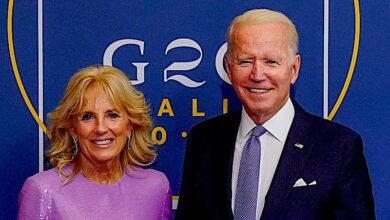U.S. Supreme Court agrees to hear two cases about affirmative action in higher education
The fate of race-based affirmative action programs in higher education will be reviewed in pair of cases that the U.S. Supreme Court has agreed to hear. These cases, Students for Fair Admissions Inc. v. University of North Carolina and Students for Fair Admissions Inc. v. President & Fellows of Harvard College, will be consolidated.
Plaintiffs contend that the schools’ admissions systems are discriminatory to Asian American and white students. However, those challenges were struck down in lower courts, which have ruled that the schools’ policies are based on government interests to promote diversity.
Both cases center on whether to overturn the 2003 Supreme Court ruling in Grutter v. Bollinger, which upheld an affirmative action policy at the University of Michigan Law School. In the 2003 case, a white Michigan resident sued the university after being rejected, claiming that the law school policy violated the federal Civil Rights Act and the 14th Amendment of the U.S. Constitution.
SUPPORT: For independent news, give a buck to Metro Voice
A majority of the Supreme Court justices concluded at the time that the Michigan policy was not unlawful, because the racial preference was only one of many parameters for acceptance to the school.
“When race-based action is necessary to further a compelling governmental interest, such action does not violate the constitutional guarantee of equal protection so long as the narrow-tailoring requirement is also satisfied,” Justice Sandra Day O’Connor wrote. “Universities can.. consider race or ethnicity more flexibly as a ‘plus’ factor in the context of individualized consideration of each and every applicant.”
READ: Midwest Christian College Expo this month
In a July 2021 article, political science professor Evan Gerstmann argued that, given the current makeup of the Supreme Court, race-based affirmative action may be labeled unlawful.
“Its decisions have not been uniformly conservative so far, but even the more centrist justices, such as Chief Justice Roberts, have expressed a lot of doubt about the use of race in university admissions,” he wrote. “Furthermore, in 2003, the majority of the Supreme Court signed on to a decision stating ‘the Court expects that 25 years from now, the use of racial preferences will no longer be necessary’. That clock has almost run down.”
–Alan Goforth | Metro Voice








